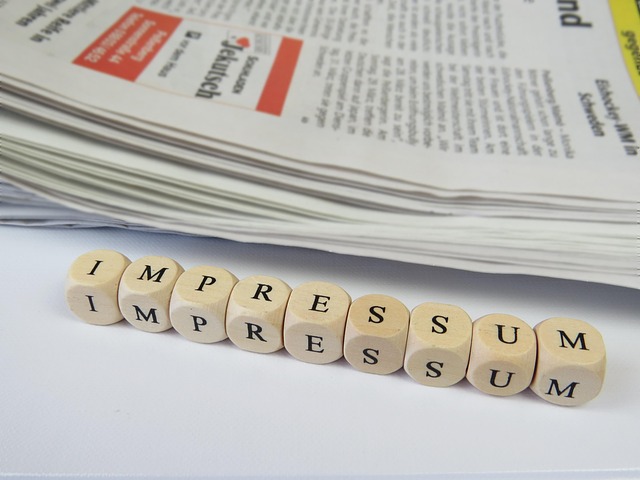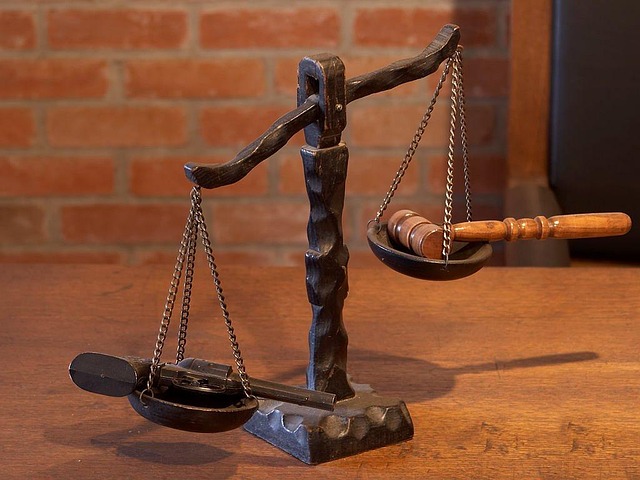Litigation Risk Management aims to minimize legal risks through proactive strategies, especially in high-stakes cases like general criminal defense. The Process of Empaneling a Criminal Jury is pivotal for fairness, involving careful selection and rigorous deliberation of jurors from diverse backgrounds to ensure impartiality and reduce litigation risks, ultimately shaping the outcome of complex trials.
“Litigation Risk Management is an essential practice for legal professionals, ensuring fair and just outcomes. This article delves into the intricacies of managing risks during criminal trials, focusing on the process of empaneling a jury—from initial selection to final deliberation. We explore ‘The Role of Jurors’ in understanding their impact on cases. Additionally, we present effective strategies for successful jury management, offering insights into navigating this critical phase, particularly highlighting the ‘Process of Empaneling a Criminal Jury’ as a cornerstone of litigation success.”
- Understanding Litigation Risk Management Basics
- The Role of Jurors in Criminal Trials
- Process: From Selection to Deliberation
- Effective Strategies for Jury Management
Understanding Litigation Risk Management Basics

Litigation Risk Management is a strategic approach to mitigate potential legal risks and protect against costly lawsuits. It involves a comprehensive understanding of an organization’s exposure to litigation, from identifying triggers that could lead to legal disputes to developing proactive measures for risk reduction. At its core, this process entails assessing the likelihood and potential impact of various legal scenarios, especially in high-stakes cases like general criminal defense.
A crucial component of effective litigation risk management is recognizing the power of jury trials. The process of empaneling a criminal jury requires careful consideration to achieve extraordinary results. By selecting an impartial panel that represents a cross-section of the community, organizations can ensure fair and just outcomes in court proceedings. This, in turn, reduces the likelihood of costly appeals and damages, fostering a more efficient legal ecosystem.
The Role of Jurors in Criminal Trials

In criminal trials, jurors play a pivotal role in the process of empaneling a criminal jury. They are selected from the community to ensure fairness and impartiality, representing diverse perspectives and backgrounds. This process, known as jury selection, is crucial for maintaining the integrity of the justice system, especially in high-stakes cases like white collar defense where the consequences can be severe. The judge and attorneys from both sides work together to question potential jurors, examining their knowledge, biases, and experiences to determine if they can render an unbiased verdict based on the evidence presented during all stages of the investigative and enforcement process.
During empaneling, jurors are not merely passive listeners but active participants in shaping the trial’s outcome. Their ability to comprehend complex legal arguments, weigh evidence, and apply the law objectively is paramount. In many cases, the insights and questions posed by jurors can reveal underlying societal issues or nuances that may influence the judge’s instructions and the attorney’s strategies. This dynamic interaction underscores the importance of a well-informed jury in ensuring justice is served, particularly in intricate criminal matters where the stakes are high.
Process: From Selection to Deliberation

The process of empaneling a criminal jury is a meticulous one, crucial for ensuring a fair and just outcome in high-stakes cases. It begins with the careful selection of potential jurors from across the country, taking into account demographics, life experiences, and their ability to set aside biases. This initial screening is vital to building a diverse yet impartial panel capable of understanding the nuances of the case.
Once selected, candidates undergo a thorough deliberation process. Here, attorneys for both sides question and challenge potential jurors, aiming to uncover any preconceived notions or conflicts that might compromise their decision-making. For his clients, this stage is pivotal, as it helps secure a jury that will approach the evidence objectively, thereby minimizing litigation risks and enhancing the chances of a favorable verdict in trials spanning diverse geographical locations and complex legal scenarios.
Effective Strategies for Jury Management

Effective jury management is a cornerstone of successful litigation risk management, especially in high-stakes cases like white-collar defense. The process of empaneling a criminal jury involves careful selection to ensure impartiality and understanding of complex legal issues. This includes screening potential jurors for biases related to the specific case, such as prior knowledge of similar incidents or attitudes towards white-collar and economic crimes. Attorneys must also consider demographic diversity to represent a range of perspectives within the panel.
Effective management continues throughout the trial. Courtroom demeanor, clear communication, and strategic challenges can influence juror perception. For instance, addressing potential biases openly during discussions can help prevent them from shaping the jury’s decision. Ultimately, a well-managed jury is crucial for achieving a complete dismissal of all charges, ensuring a fair outcome in even the most intricate cases.
Litigation Risk Management, particularly in criminal trials, hinges on understanding the process of empaneling a jury and effectively managing it. From selecting impartial jurors through the process of empaneling a criminal jury to their subsequent deliberation, each step demands meticulous consideration. By employing effective strategies for jury management, legal professionals can enhance fairness, minimize risk, and ultimately ensure a just outcome. This comprehensive approach, as discussed in this article, is vital for navigating the complexities of modern criminal trials.






